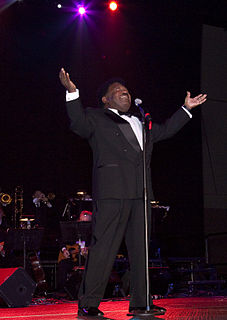A Quote by Susan Cain
What's interesting is relative levels of introversion tend to stay the same. If you went back to your reunion from school, you would probably find that if you ranked everyone in your class into terms of levels of introversion and extroversion you'd still be the same rank.
Related Quotes
We Are All the Same
Listen to the reeds as they sway apart;
Hear them speak of lost friends.
At birth, you were cut from your bed,
Crying and grasping in separation.
Everyone listens, knowing your song.
You yearn for others who know your name,
And the words to your lament.
We are all the same, all the same,
Longing to find our way back;
Back to the one, back to the only one.
Introversion- along with its cousins sensitivity, seriousness, and shyness- is now a second-class personality trait, somewhere between a disappointment and a pathology. Introverts living in the Extrovert Ideal are like women in a man's world, discounted because of a trait that goes to the core of who they are. Extroversion is an enormously appealing personality style, but we've turned it into an oppressive standard to which most of us feel we must conform.
It is however, difficult to make your narratives relative by yourself. A novelists' work is to provide models to make your narratives relative. If you read my novels then you may feel, "I have the same experience as this narrative", or "I have the same idea as this novel". It means that your narrative and mine sympathize, concord and resonate together.

































